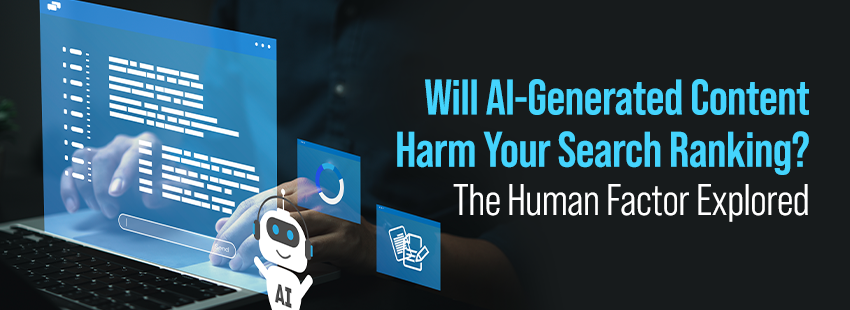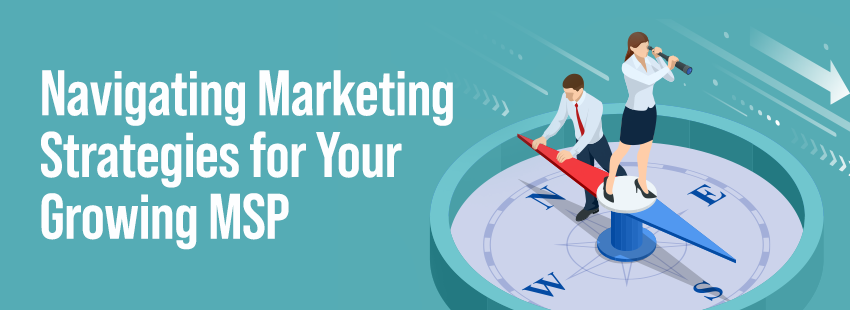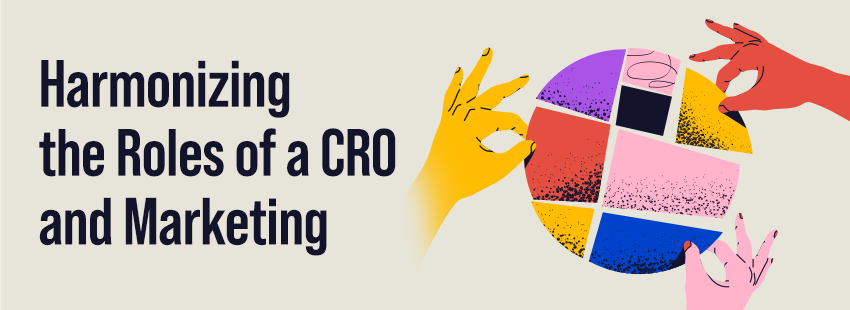Will AI-Generated Content Harm Your Search Ranking? The Human Factor Explored
Digital marketing and content creation is evolving rapidly, and artificial intelligence (AI) has emerged as a game-changer. AI-generated content promises efficiency, speed, and cost-effectiveness, leading businesses to wonder whether it could impact their search rankings. In this blog, we delve into the potential consequences of using AI-generated content on search engine rankings and how the human element can play a pivotal role in ensuring optimal results.
Understanding AI-Generated Content
AI-generated content is produced using machine learning algorithms trained on vast datasets of human-generated text. These algorithms can create articles, blog posts, product descriptions, and other types of content without direct human input. While the efficiency of AI-generated content is undeniable, the question arises: can search engines differentiate between AI-generated and human-written content?
Search Engine Algorithms and AI-Generated Content
Search engines like Google employ complex algorithms to rank web pages based on relevance, quality, and user experience. While these algorithms are becoming more sophisticated, they may need help to discern the nuances between AI-generated and human-written content, especially when the quality is comparable.
The Potential Impact on Search Rankings
The use of AI-generated content may have both positive and negative impacts on search rankings:
- Duplicate Content: AI algorithms could generate duplicate or nearly identical content, harming search rankings. Search engines prioritize original and valuable content for their users.
- Quality and Relevance: If AI-generated content lacks depth, relevance, and value, it may not satisfy user intent, leading to a drop in rankings. Human-written content tends to address user needs more effectively.
- Natural Language and User Engagement: Human-written content often incorporates natural language and storytelling, which tends to engage users better than machine-generated content. Higher user engagement can positively influence search rankings.
The Human Element
Despite the potential pitfalls of AI-generated content, human involvement can make a significant difference:
- Content Strategy and Planning: Human strategists can determine the topics, tone, and approach that aligns with the target audience’s preferences and optimize content for search engines.
- Editing and Polishing: Human editors can refine AI-generated content, ensuring it is error-free, coherent, and relevant. This process enhances the overall quality and user experience.
- Originality and Creativity: Humans are masters of creativity, and injecting original ideas, insights, and perspectives into content can elevate its value.
- User-Centric Approach: Human writers can better empathize with the target audience, crafting content that resonates with readers and fulfills their needs.
AI-generated content can affect search rankings, but the human factor remains indispensable. While AI can expedite content creation, the human touch is essential for quality, relevance, and user engagement. By incorporating AI into a thoughtful content strategy, involving human expertise throughout the process, and emphasizing user-centric content, businesses can strike a balance that benefits their search rankings and target audience. As AI technology continues to evolve, the synergy between human and machine efforts will undoubtedly shape the future of content creation and its impact on search rankings.
Ready to elevate your content strategy and boost your search rankings? Partner with Equilibrium Consulting today! Our team of expert strategists and writers will blend the power of AI-generated content with the human touch to deliver high-quality, engaging, and user-centric content. Take the next step towards content excellence and get ahead in the digital landscape. Contact us now for a personalized consultation!





